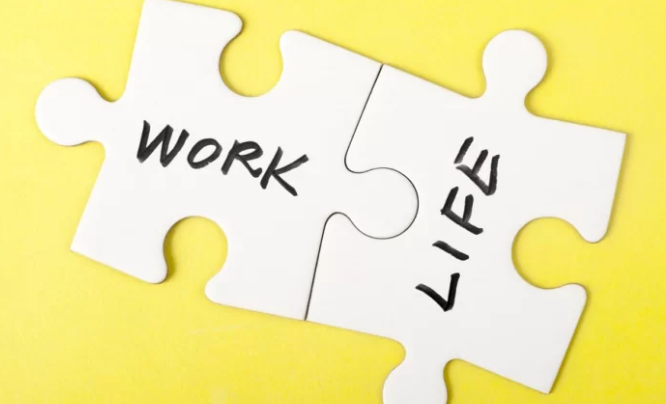The balance between work and leisure is a central aspect of our daily lives, influencing our overall well-being and quality of life. As societies evolve, so do our approaches to managing these two fundamental components. Striking a harmonious balance between work and leisure is crucial for maintaining mental, physical, and emotional health. This balance is not merely about dividing time between professional duties and relaxation but involves a holistic approach that integrates personal fulfillment, productivity, and well-being.
The Importance of Work
Work is an essential part of life, providing financial stability, a sense of purpose, and opportunities for personal and professional growth. It fosters discipline, enhances skills, and contributes to societal development. However, an excessive focus on work, often driven by the demands of modern economies and the pursuit of success, can lead to stress, burnout, and a host of health problems. The key is to find meaning in work without letting it overshadow other aspects of life.
The Role of Leisure
Leisure, on the other hand, is equally vital. It encompasses activities that provide relaxation, enjoyment, and personal satisfaction. Leisure time allows individuals to recharge, pursue hobbies, spend time with loved ones, and engage in recreational activities that enhance physical and mental health. Adequate leisure time is associated with reduced stress, improved mood, and a higher quality of life. It fosters creativity, enhances social connections, and provides a necessary counterbalance to the demands of work.
Historical Perspectives on Work and Leisure
Historically, the balance between work and leisure has varied significantly across cultures and eras. In ancient times, work was often intertwined with daily survival, leaving little room for leisure. However, in many ancient societies, there was also a strong appreciation for leisure activities, such as art, philosophy, and communal celebrations.
The industrial revolution marked a significant shift, with the rise of factory work and long hours, leading to a clear distinction between work and leisure time. The modern era has seen further changes, with the advent of technology blurring the boundaries between work and personal life. Remote work, flexible schedules, and the gig economy have created new opportunities and challenges in managing work and leisure.
Modern Approaches to Balancing Work and Leisure
In today’s fast-paced world, achieving a balance between work and leisure requires intentional strategies and a shift in mindset. Here are some approaches that can help individuals navigate this balance:
- Prioritize Time Management: Effective time management is crucial for balancing work and leisure. This involves setting clear boundaries, prioritizing tasks, and ensuring that work does not encroach on personal time. Tools like calendars, planners, and time-tracking apps can help manage time efficiently.
- Set Realistic Goals: Setting realistic and achievable goals for both work and leisure can prevent overcommitment and reduce stress. It’s important to break down tasks into manageable steps and allocate time for relaxation and recreation.
- Embrace Flexibility: Flexibility in work schedules can greatly enhance the balance between work and leisure. Flexible working hours, remote work options, and the ability to take breaks when needed can improve productivity and personal satisfaction.
- Cultivate Hobbies: Engaging in hobbies and activities outside of work is essential for mental health and well-being. Whether it’s reading, gardening, sports, or artistic pursuits, hobbies provide a creative outlet and a sense of fulfillment.
- Practice Mindfulness: Mindfulness techniques, such as meditation and yoga, can help individuals stay present and reduce stress. These practices promote a healthy work-life balance by encouraging relaxation and mental clarity.
- Promote Workplace Well-being: Employers play a significant role in facilitating a balance between work and leisure. Organizations that prioritize employee well-being through flexible policies, wellness programs, and a supportive work environment contribute to happier, more productive employees.
- Seek Social Support: Building and maintaining strong social connections is crucial for emotional well-being. Spending time with family and friends, participating in community activities, and seeking support when needed can enhance life satisfaction.
Cultural Variations in Work and Leisure
Different cultures approach the balance between work and leisure in unique ways. For instance, Scandinavian countries are known for their emphasis on work-life balance, with shorter work hours and a strong focus on family time and leisure activities. In contrast, some East Asian cultures traditionally emphasize hard work and long hours, although this is gradually changing as the importance of leisure and well-being gains recognition.
Conclusion
Balancing work and leisure is an ongoing journey that requires conscious effort and adaptation. By valuing both professional fulfillment and personal well-being, individuals can lead more balanced, satisfying lives. Embracing a holistic approach that integrates meaningful work, leisure activities, and social connections can lead to improved health, happiness, and a better quality of life. In a world where the demands of work are ever-present, finding time for leisure is not a luxury but a necessity for a well-rounded and fulfilling life.


